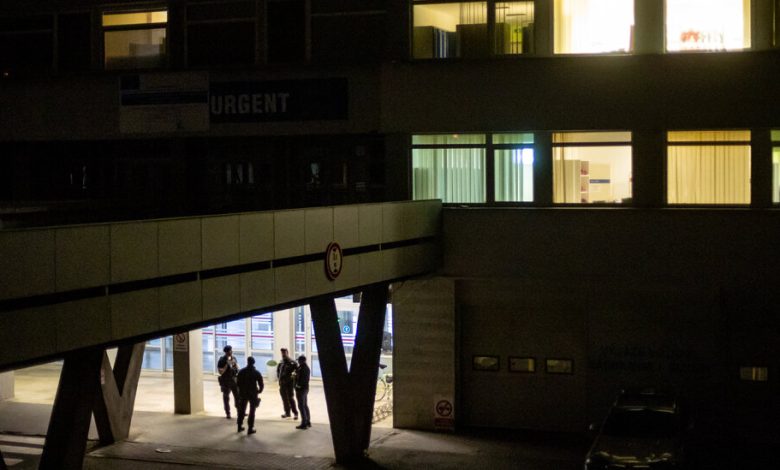Slovakia’s Politics Were Toxic Long Before Its Prime Minister Was Shot

To the government that charged him, he was a “lone wolf,” an off-kilter individual representing nobody but himself when he pumped at least four bullets into Prime Minister Robert Fico of Slovakia.
The assassination attempt on Wednesday, however, has put a spotlight on a far wider collective malfunction in Slovakia. In this country in Central Europe, society and political culture are so bitterly divided that the violence attributed to a man who the authorities say acted alone has become yet another club with which each side can beat the other.
“There is a level of polarization that has never existed before in this country,” said Daniel Milo, a former government official responsible for tracking disinformation who now works for a technology company. “I’ve never seen anything like it,” he added.
The Covid-19 pandemic, he said, hardened previously fluid lines into what have since become hostile camps, with little room for nuance. Roughly half the population welcomed vaccines and half rejecting them. “It became: Are you for or against? Do you believe or not believe?” Mr. Milo said. And after Covid came the war in Ukraine, another source of division.
The suspect was promptly arrested on Wednesday and charged with attempted premeditated murder, but the authorities have not named him publicly. Slovak news outlets, citing police sources, identified him as a 71-year-old pensioner with a yen for poetry and protests.
Each side of the political divide quickly put him to use as a foil, with its claims tailored to match. For supporters of Mr. Fico who took to social media sites this week, the suspect was the carrier of a liberal virus that must be eliminated. The prime minister’s critics painted him as a right-wing extremist.
